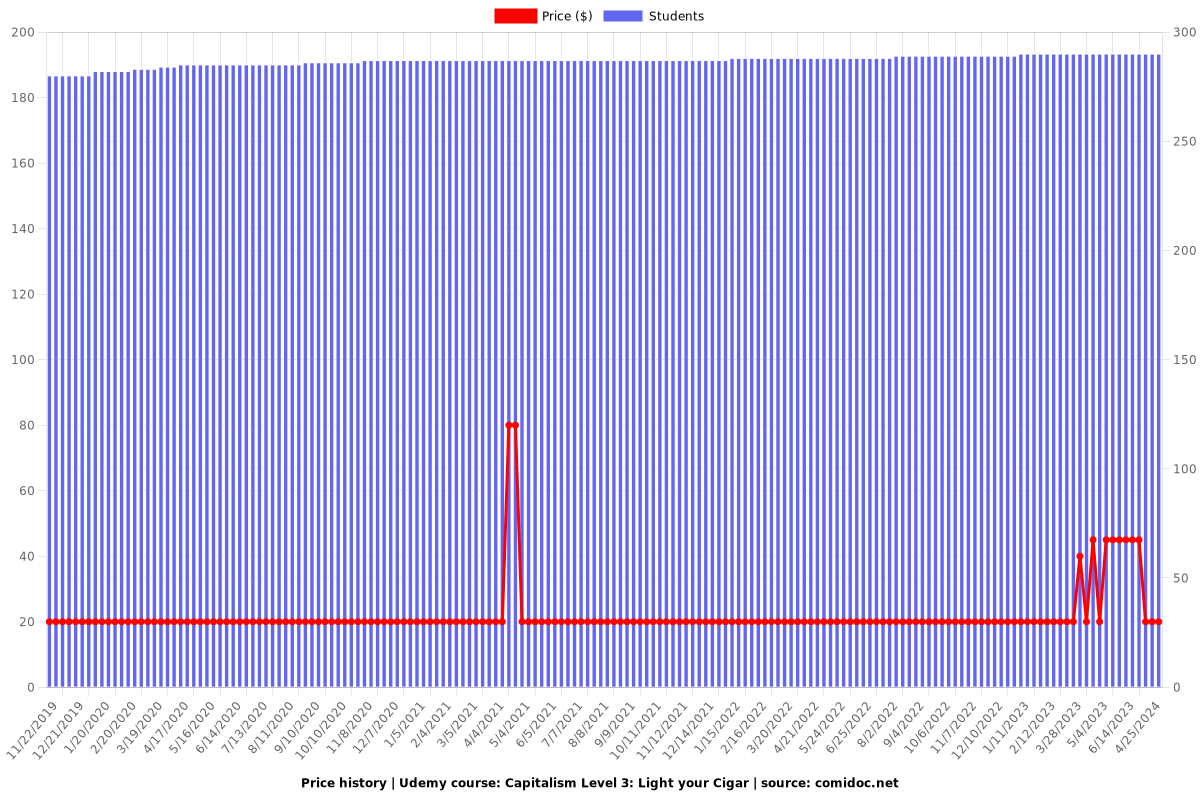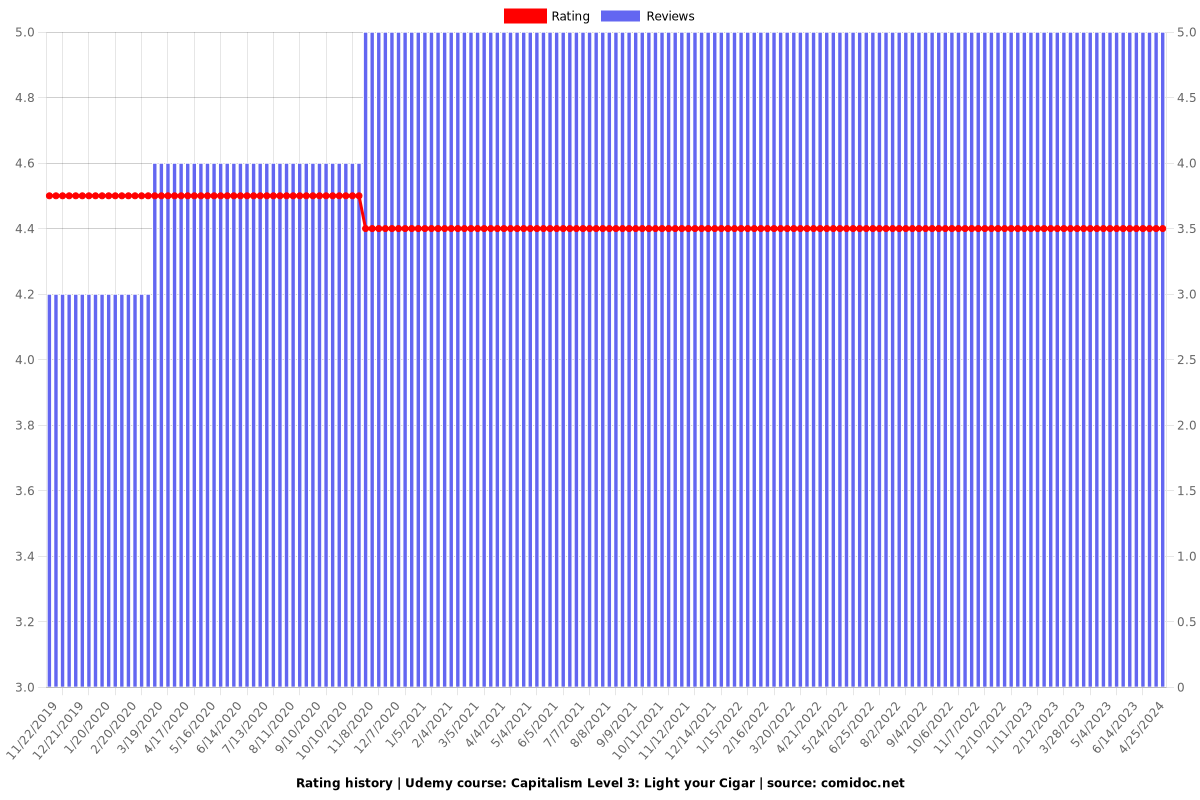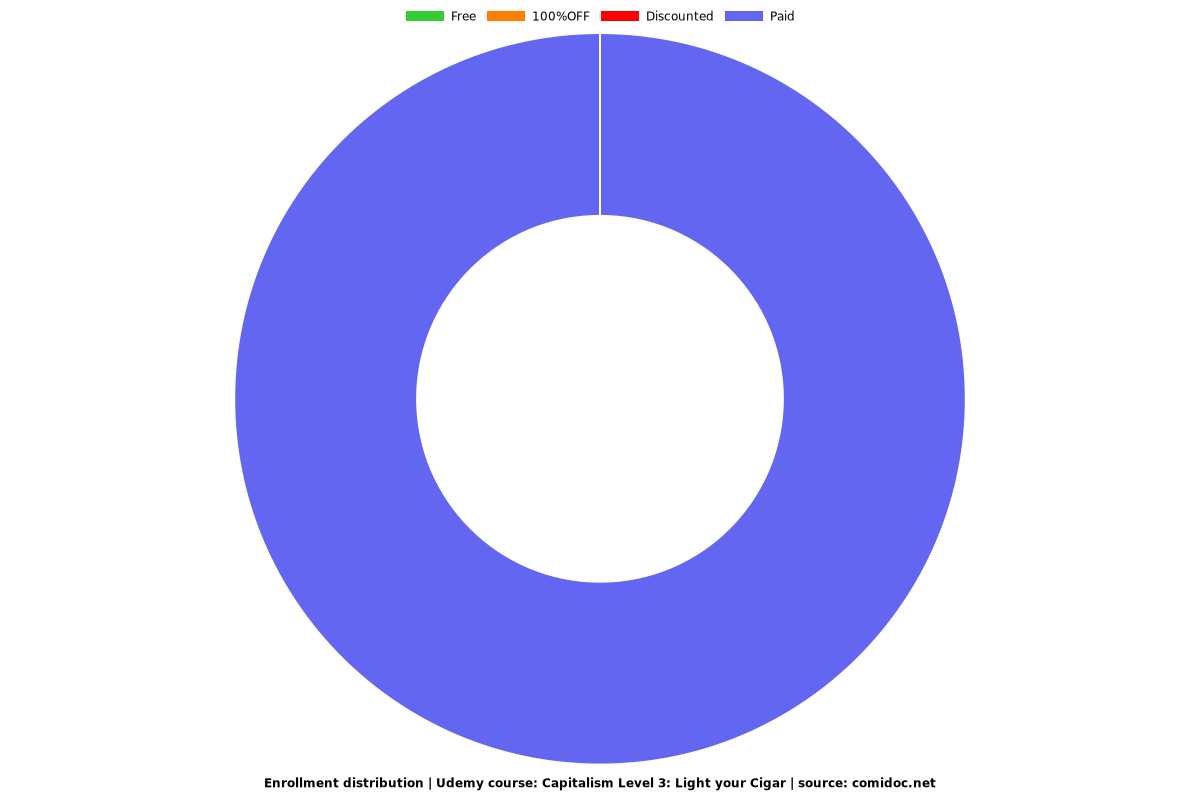Capitalism Level 3: Light your Cigar
It's time to get paid, as individuals and as a society.

What you will learn
Become rich with Capitalism.
Why take this course?
The course "Capitalism Level 2" is a prerequisite.
Capitalism in its modern form can be traced to the emergence of agrarian capitalism and mercantilism in the early Renaissance, in city-states like Florence. Capital has existed incipiently on a small scale for centuries in the form of merchant, renting and lending activities and occasionally as small-scale industry with some wage labour. Simple commodity exchange and consequently simple commodity production, which is the initial basis for the growth of capital from trade, have a very long history. Arabs promulgated capitalist economic policies such as free trade and banking. Their use of Indo-Arabic numerals facilitated bookkeeping. These innovations migrated to Europe through trade partners in cities such as Venice and Pisa.
The accumulation of capital is the process of "making money", or growing an initial sum of money through investment in production. Capitalism is based on the accumulation of capital, whereby financial capital is invested in order to make a profit and then reinvested into further production in a continuous process of accumulation. In Marxian economic theory, this dynamic is called the law of value. Capital accumulation forms the basis of capitalism, where economic activity is structured around the accumulation of capital, defined as investment in order to realize a financial profit. In this context, "capital" is defined as money or a financial asset invested for the purpose of making more money (whether in the form of profit, rent, interest, royalties, capital gain or some other kind of return).
In mainstream economics, accounting and Marxian economics, capital accumulation is often equated with investment of profit income or savings, especially in real capital goods. The concentration and centralisation of capital are two of the results of such accumulation. In modern macroeconomics and econometrics, the phrase "capital formation" is often used in preference to "accumulation", though the United Nations Conference on Trade and Development (UNCTAD) refers nowadays to "accumulation". The term "accumulation" is occasionally used in national accounts.
Charts
Price

Rating

Enrollment distribution
